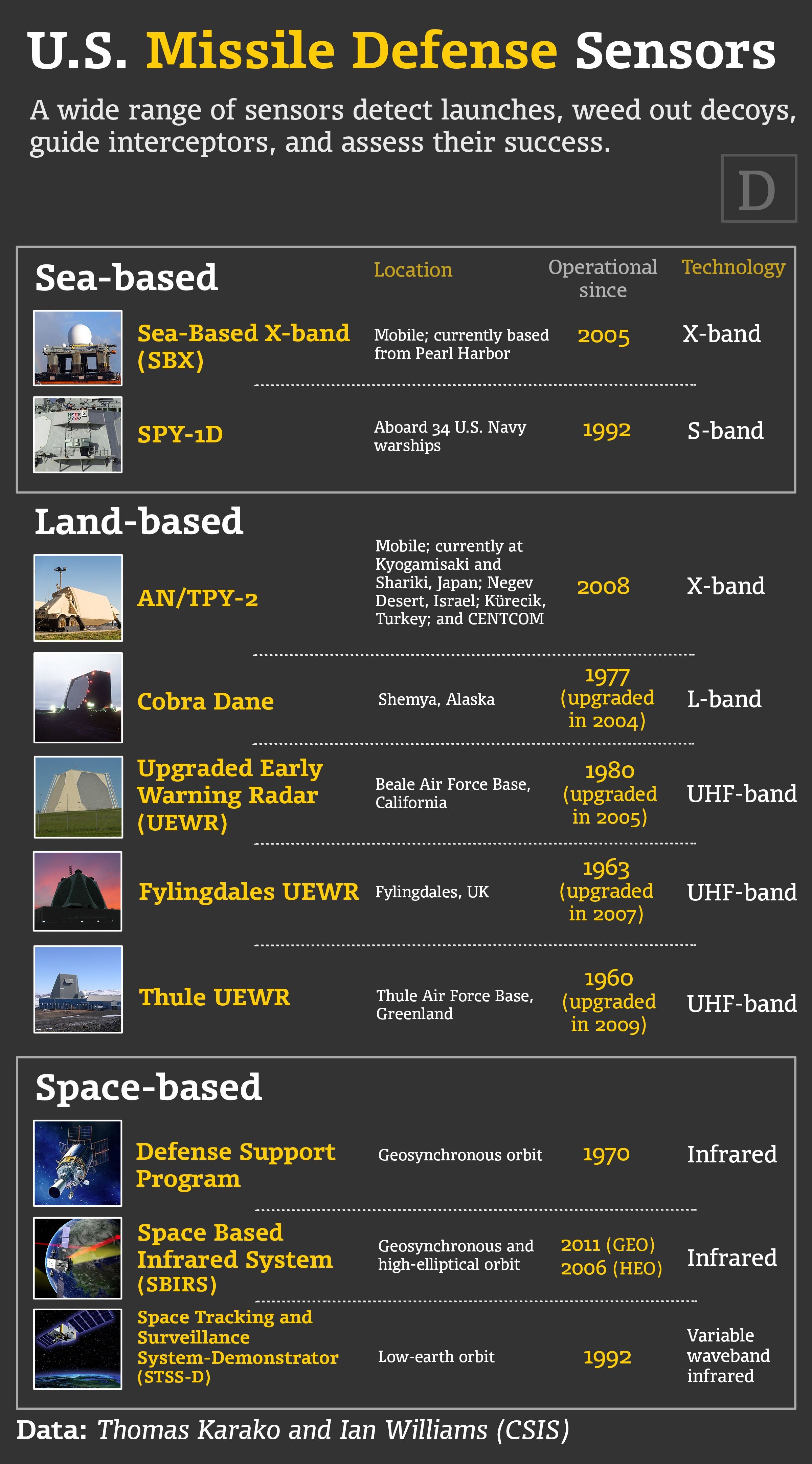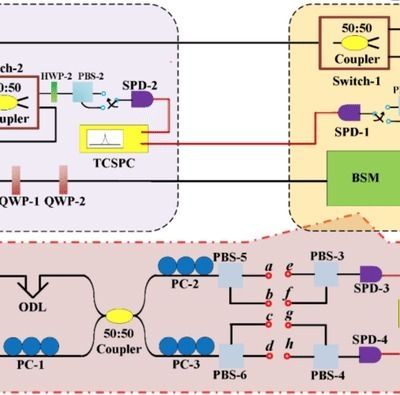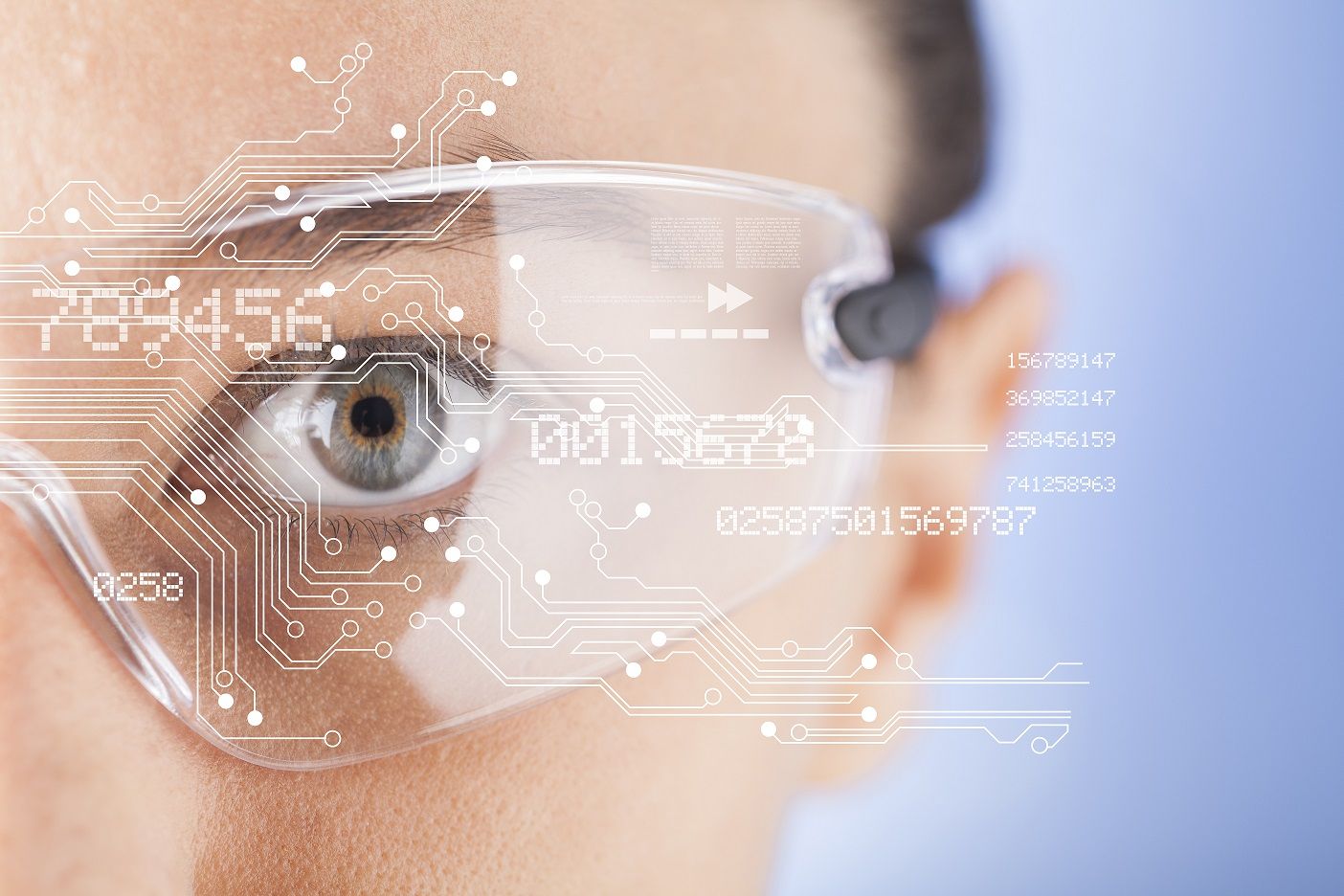Nov 28, 2017
Abu Dhabi Police to set up police centre on Mars
Posted by Klaus Baldauf in categories: 3D printing, robotics/AI, security, space travel
Picture retrieved from @ADPoliceHQ/Twitter
Among the mind-boggling new targets envisioned by the Abu Dhabi Police are sending police officers to Mars on a UAE-built spaceship and setting up the first ever police centre on Mars, among the long-term goals.
Other targets include creating the first ever cadre of astronaut officers to police outer space; foresight future police who will work to prevent crimes; 3D-printed police patrol vehicles and even a police centre; robot cops that speak every language on earth; replacing 50 per cent of the police force with robots, and carrying out half of all policing and security decisions based on data mining and analysis.
Continue reading “Abu Dhabi Police to set up police centre on Mars” »


















